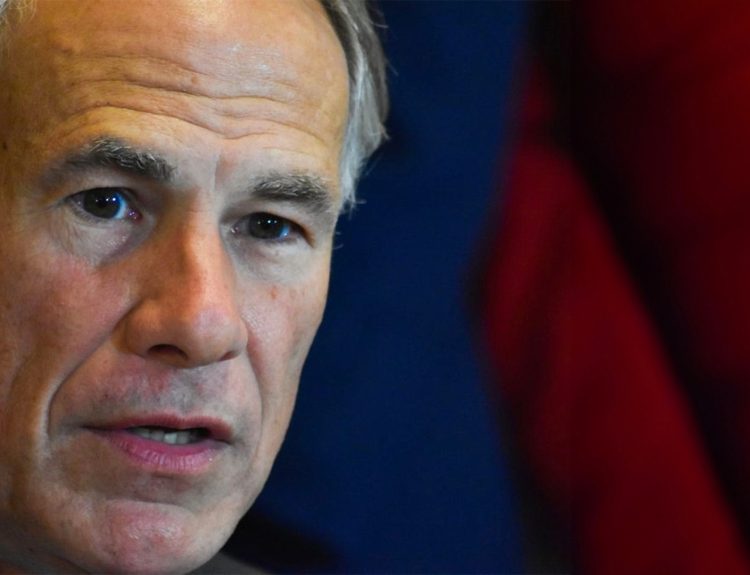Trump’s legal battle over classified documents has taken a twist. Judge Aileen Cannon, the Trump appointee overseeing the case, ruled against the former president’s request to dismiss charges. But in an unusual move, she refused to finalize jury instructions that could torpedo the prosecution’s case.
Cannon dismissed the Justice Department’s plea to set ground rules before the trial, stating that classified records belong to the National Archives, not Trump’s stash. Her punt keeps his defense open, saying that presidential records were his.
Judge Aileen Cannon’s Controversial Ruling in Trump Case
In a highly unusual move, Judge Aileen Cannon refused the prosecution’s demands to finalize jury instructions before the start of Donald Trump’s trial regarding classified documents found at Mar-a-Lago.

While Cannon denied Trump’s motion to dismiss the charges, she left open the possibility of accepting his defense that he had designated some records as “personal” under the Presidential Records Act.
Background on Trump’s Classified Documents Case
The case against Donald Trump regarding classified documents began in January 2022. The National Archives and Records Administration said 15 boxes of records they retrieved from Mar-a-Lago contained classified information.
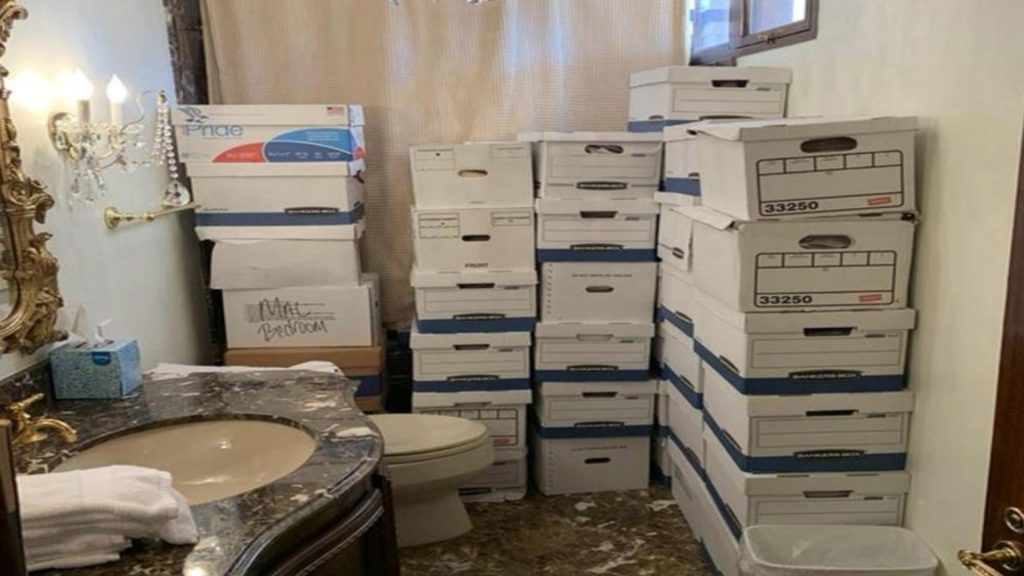
The Archives asked the Justice Department to investigate, leading to the eventual charges against Trump for retaining government records and obstruction.
The Prosecutors Claims
Prosecutors claim that when Trump left office in January 2021, he illegally took classified documents with him instead of turning them over to the National Archives as required by law.
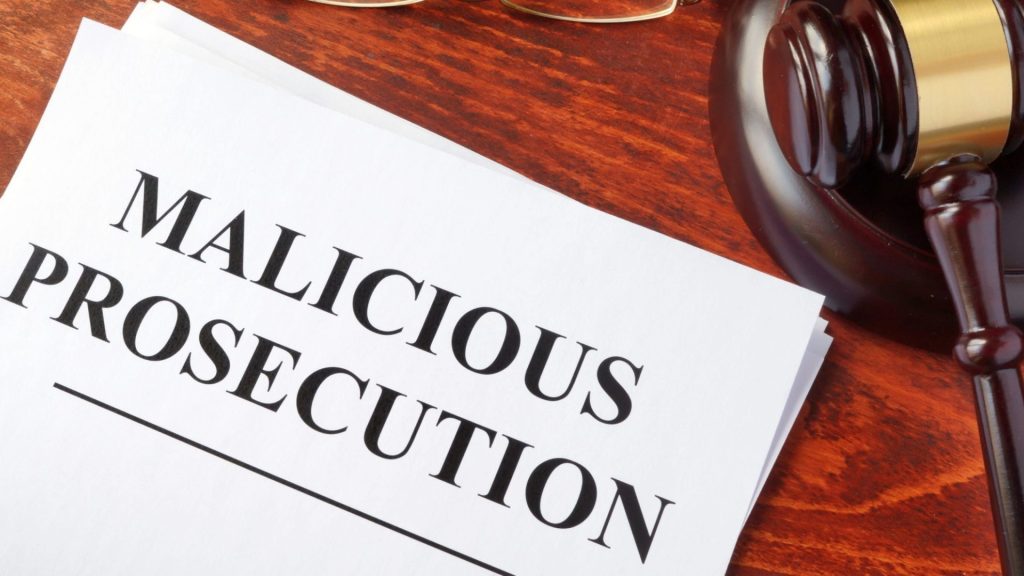
The Presidential Records Act establishes that presidential records belong to the federal government. In response, Trump’s lawyers argue that he had broad authority to declassify documents as president.
A Complex Case Surrounding Executive Power and Classified Information
The case is complex, dealing with issues around executive power and classified information that has never been litigated before.
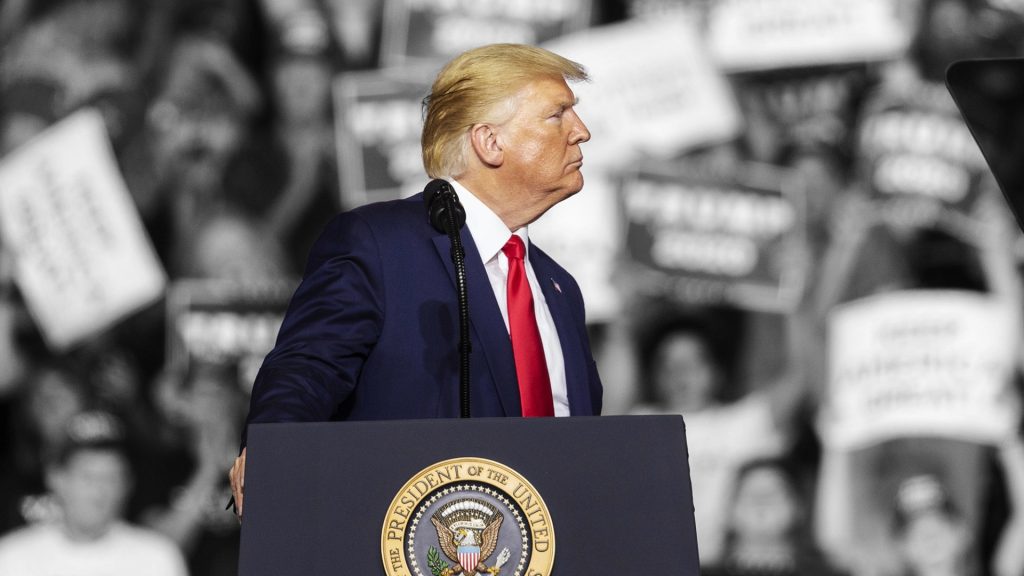
The trial will begin in September, during Trump’s unofficial re-election campaign. This ongoing legal drama fuels partisan tensions in an already divided nation.
Cannon Rejects Dismissal of Charges Against Trump
In her ruling, Judge Aileen Cannon refused to grant the former president’s request to dismiss the charges against him. However, she added that she might decide on the issue later.
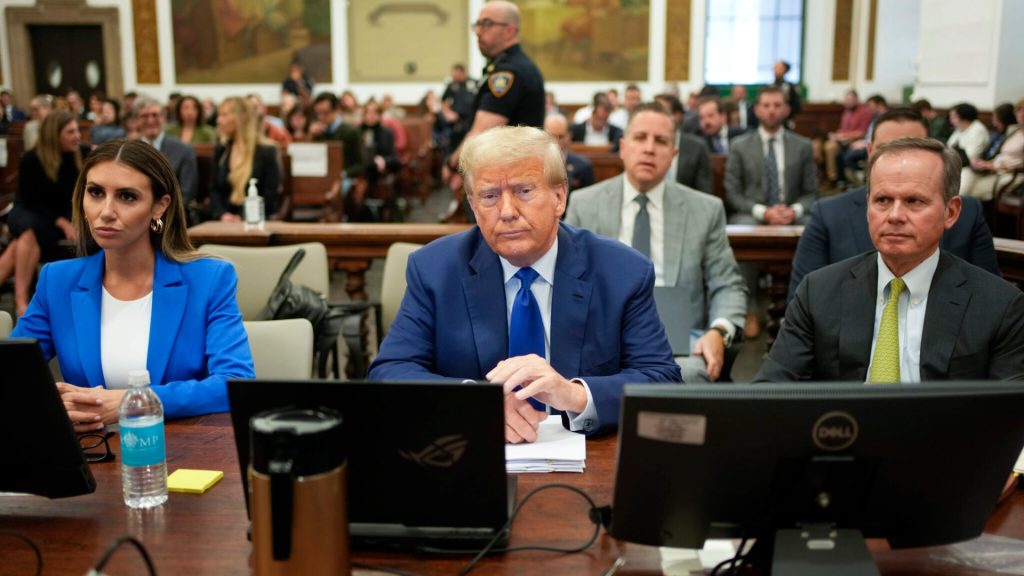
She justified her decision by saying that the prosecution’s demands to finalize jury instructions and shut down Trump’s main line of defense were “unprecedented and unjust.”
Cannon Leaves Door Open on Trump’s Records Act Defense
Judge Aileen Cannon refused to dismiss the charges against former President Donald Trump for illegally retaining classified documents.
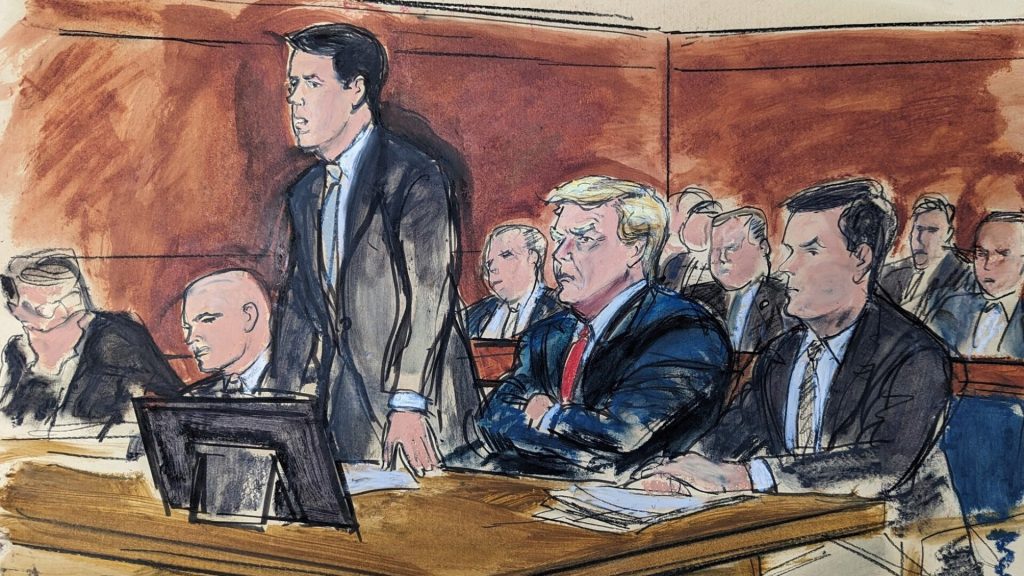
However, in her ruling, she left the door open to possibly accepting Trump’s defense under the Presidential Records Act later.
A Perplexing and Problematic Ruling
Legal experts found Cannon’s ruling perplexing and possibly problematic. On social media, Neal Katyal, a former acting U.S. solicitor general, said lead prosecutor Jack Smith may have “no choice” but to appeal to a higher court.

An appeal could compel Cannon to determine whether Trump’s records act defense is valid before trial.
Prosecutors Argue Cannon’s Approach Could Block Appeal
Prosecutors argue that Judge Cannon’s refusal to definitively rule on whether Trump had a right to retain classified documents under the Presidential Records Act before trial could prevent them from appealing her decision.

Chief prosecutor Jack Smith warned in an April 2 filing that if a jury was selected and the trial began before Cannon ruled on the issue.
Demanding Final Instructions
Smith demanded that Cannot finalize her jury instructions before the trial started. However, Cannon rejected that demand in her April 4 ruling, calling it “unprecedented and unjust.”
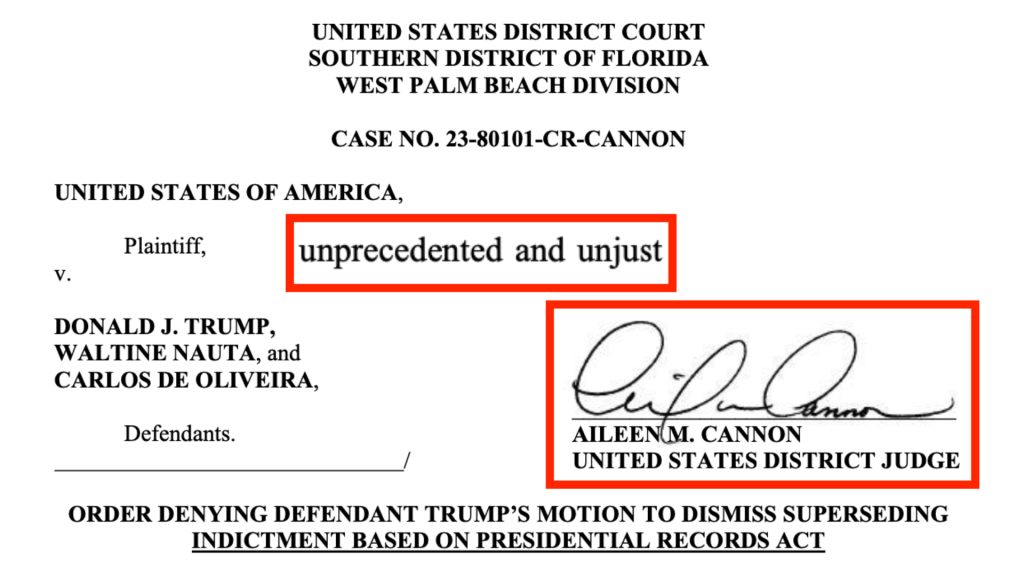
She said the court’s request for draft instructions on certain counts should not be seen as a final decision on any key part of the case or defenses that may be raised.
Keeping Options Open
Cannon stated that her initial order requesting draft jury instructions on certain counts should not be seen as a final decision on any essential element or defense in the case.
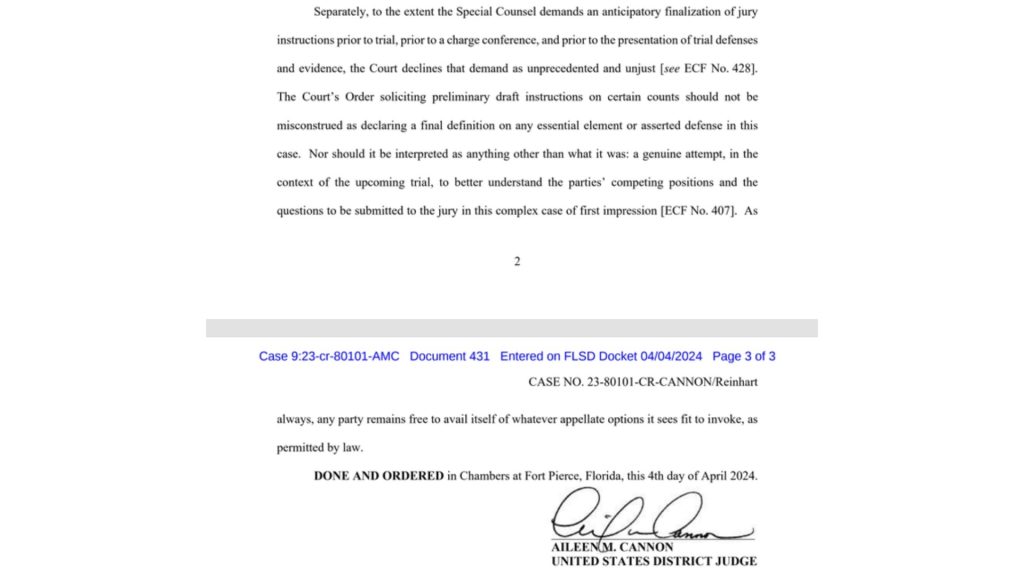
While refusing to grant Trump’s request to dismiss the charges, she is leaving the door open to potentially rule in his favor on the records act defense claim later.
What Is a Mandamus Ruling, and Could It Happen Here?
A mandamus ruling orders a lower court or government official to properly fulfill their official duties or correct an abuse of discretion.
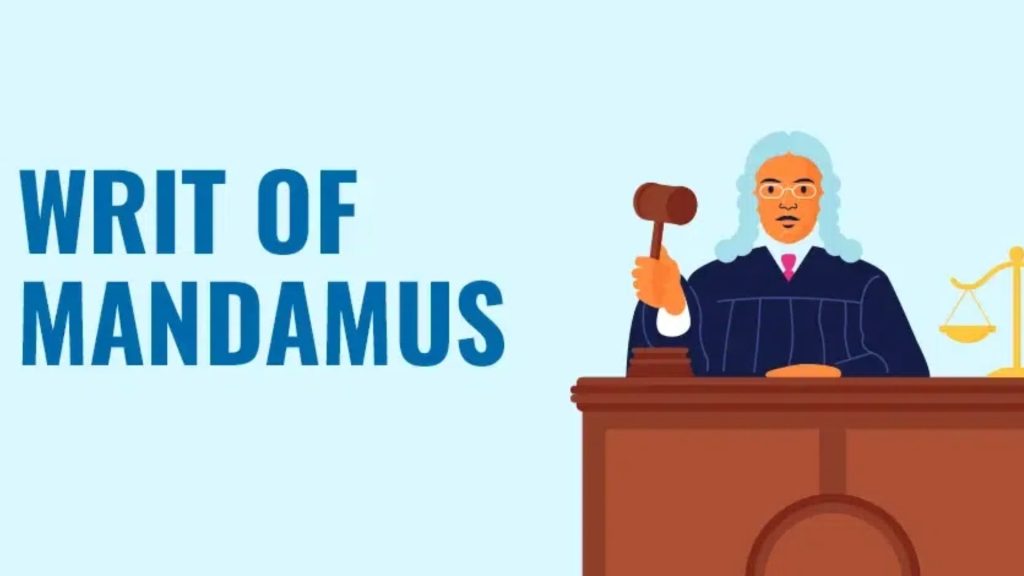
In this case, the prosecution has argued that Judge Cannon should issue a ruling on whether or not Trump’s claim of having the legal right to retain classified documents under the Presidential Records Act before the trial begins.
Why the Prosecution Wants This
Jack Smith, the lead prosecutor, asserts that if a jury trial begins and Cannon later rules that Trump’s defense is valid, double jeopardy would apply.

This means Trump could not be retried for the same charges, even if a higher court disagrees with Cannon’s decision.
Reactions From Legal Experts on Cannon’s Move
Neal Katyal, a prominent lawyer who served as acting solicitor general under President Obama, called Cannon’s decision “weird and pointed.”

He said lead prosecutor Jack Smith would likely have to appeal to the 11th Circuit Court to get a ruling forcing Cannon to decide the issue before trial.
Treading Carefully Through Uncharted Legal Territory
Judge Cannon’s ruling shows she is attempting to tread carefully through uncharted legal territory in this unprecedented case. While she denied Trump’s motion to dismiss the charges, she also made clear she is not yet ready to finalize key jury instructions that could impact his defenses.

Her refusal to bar Trump’s claims he had a legal right to retain documents, over the objections of prosecutors, suggests she wants to preserve the former president’s ability to mount a vigorous defense.






